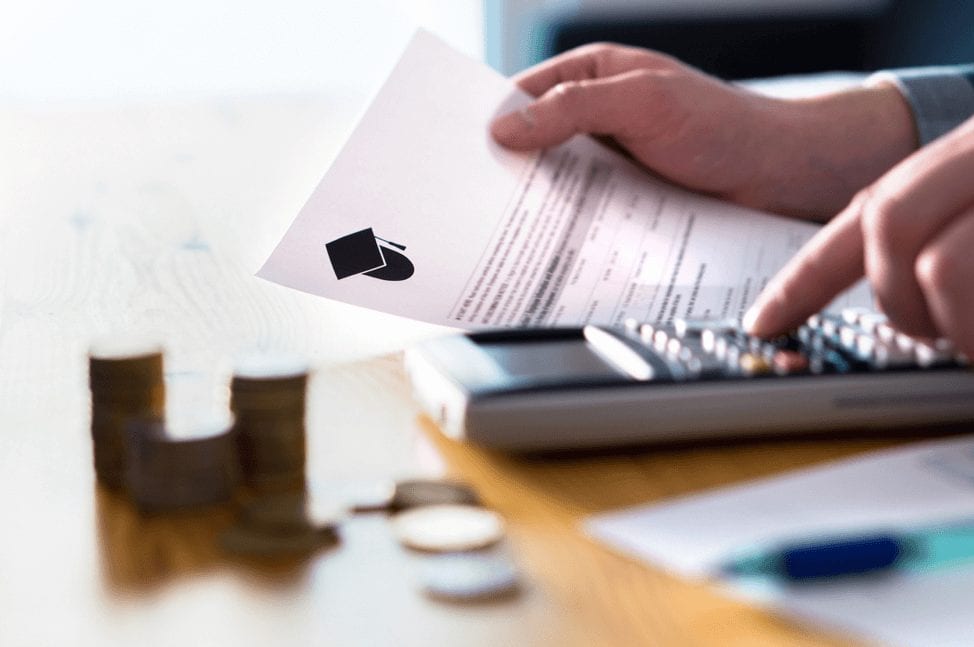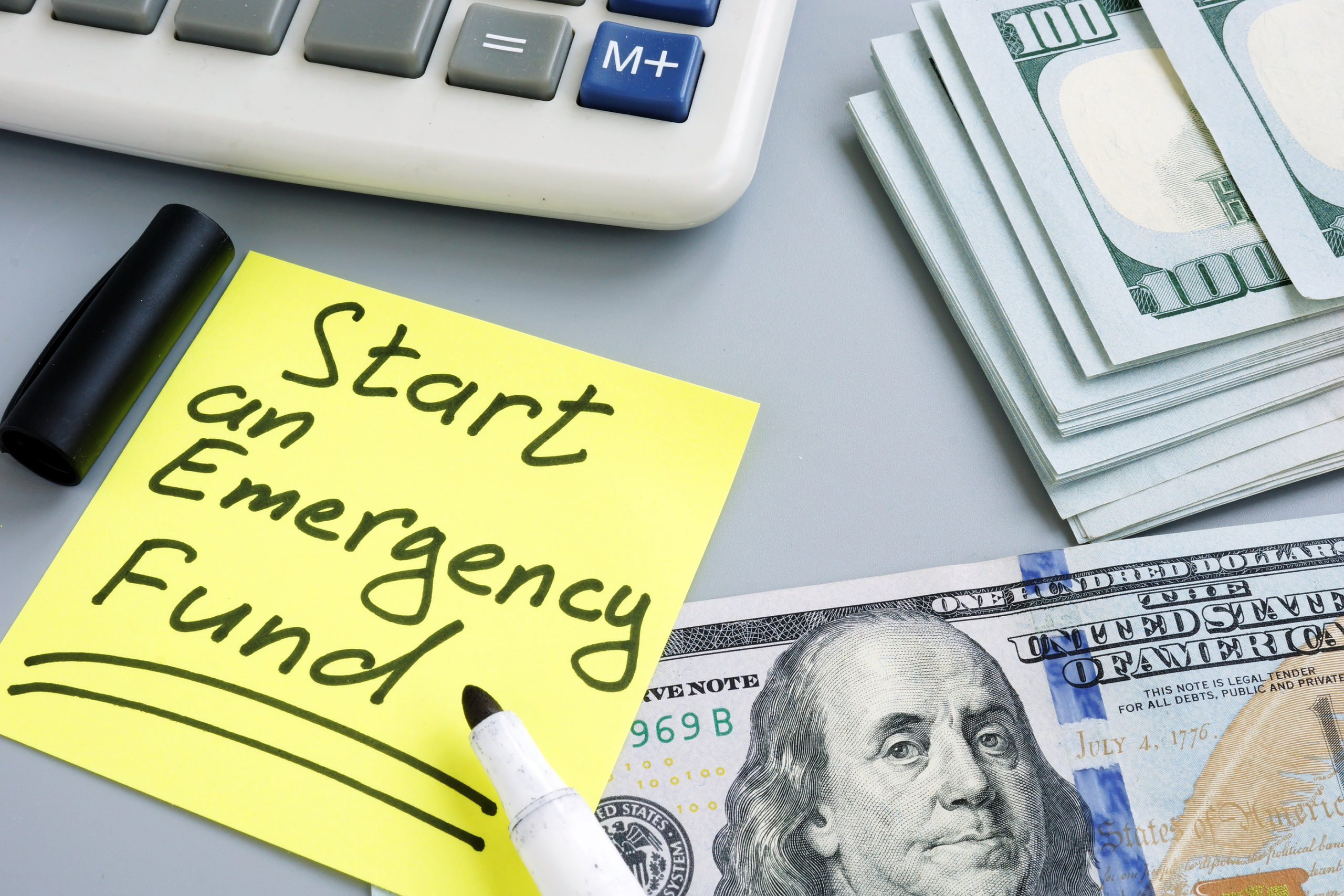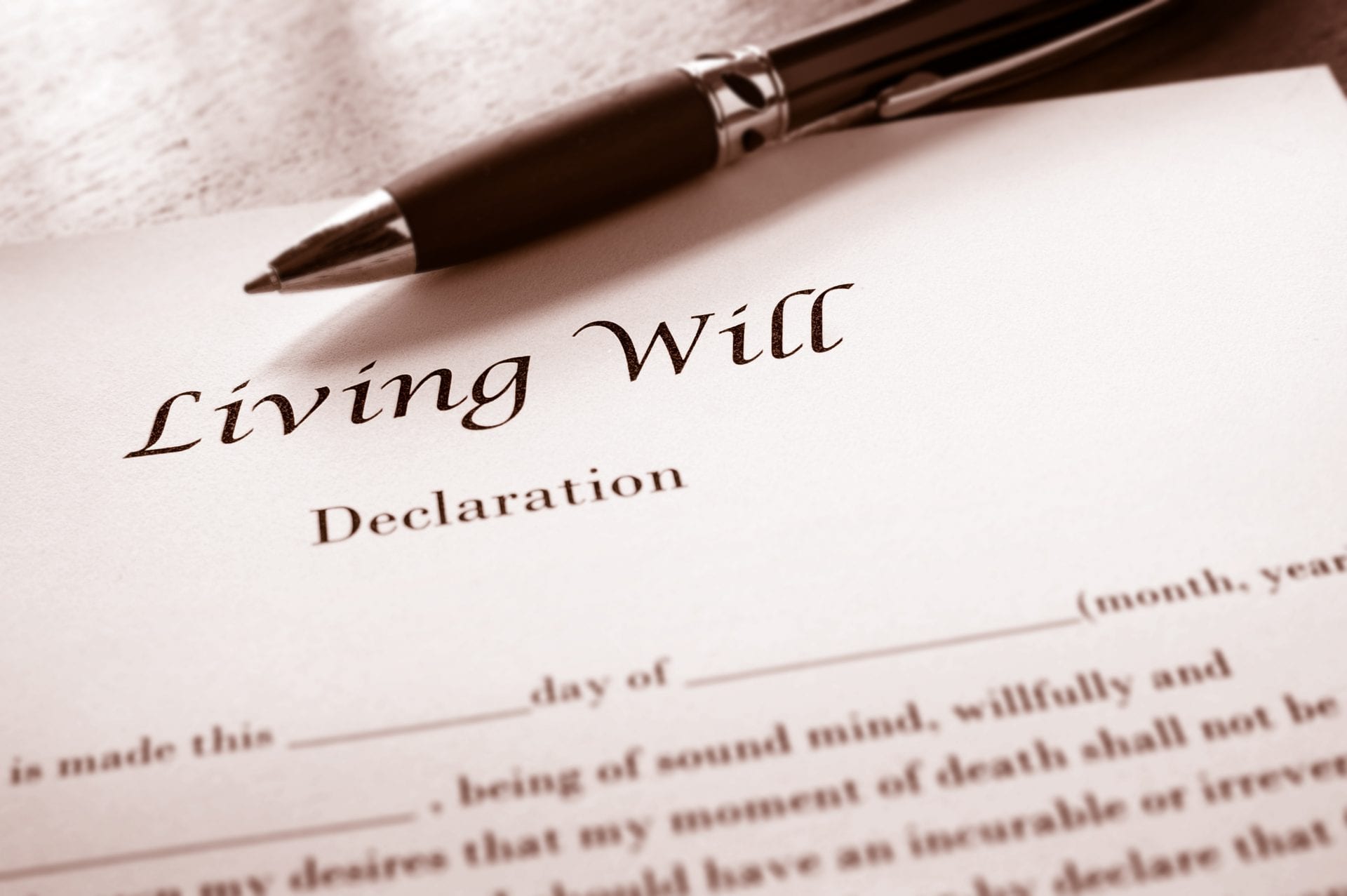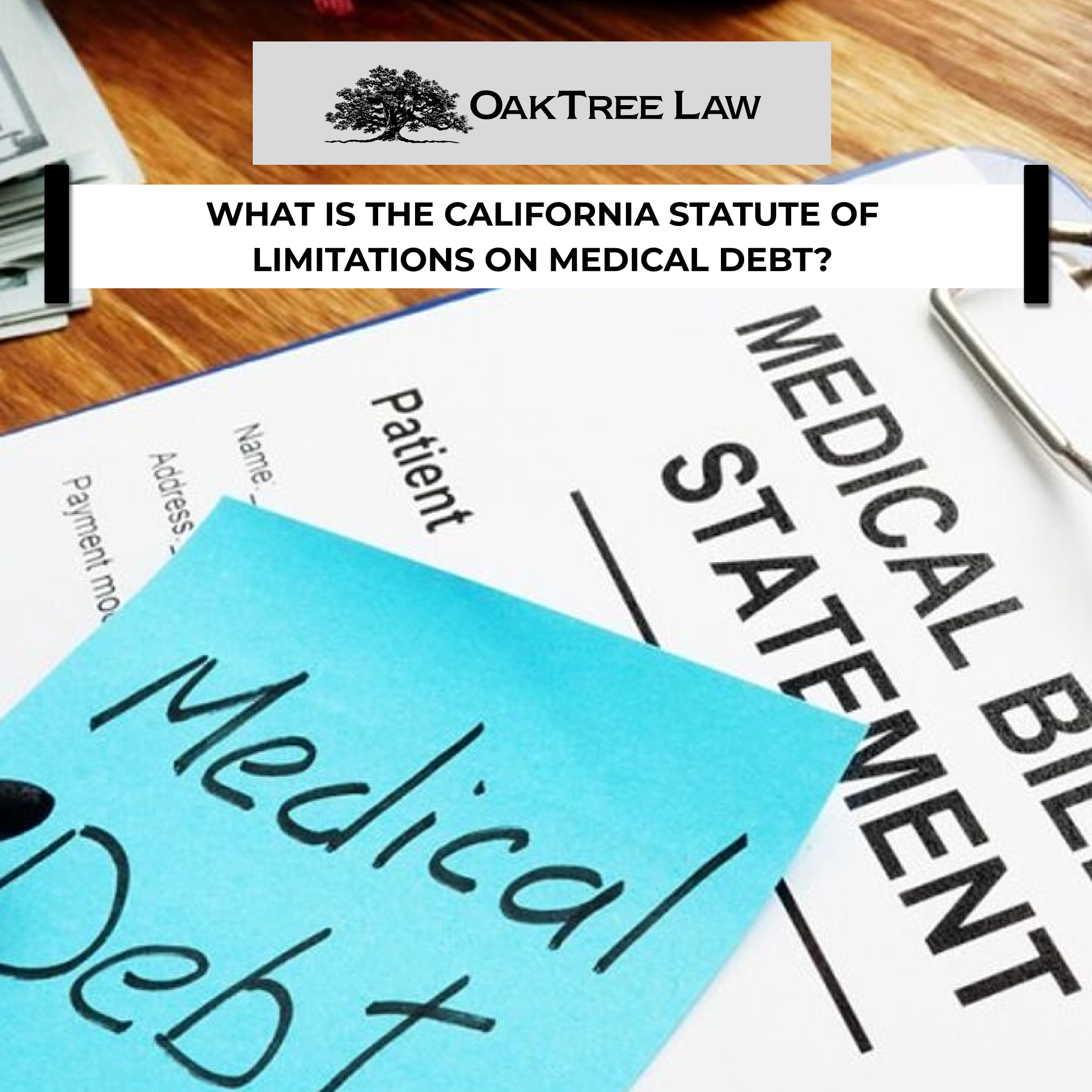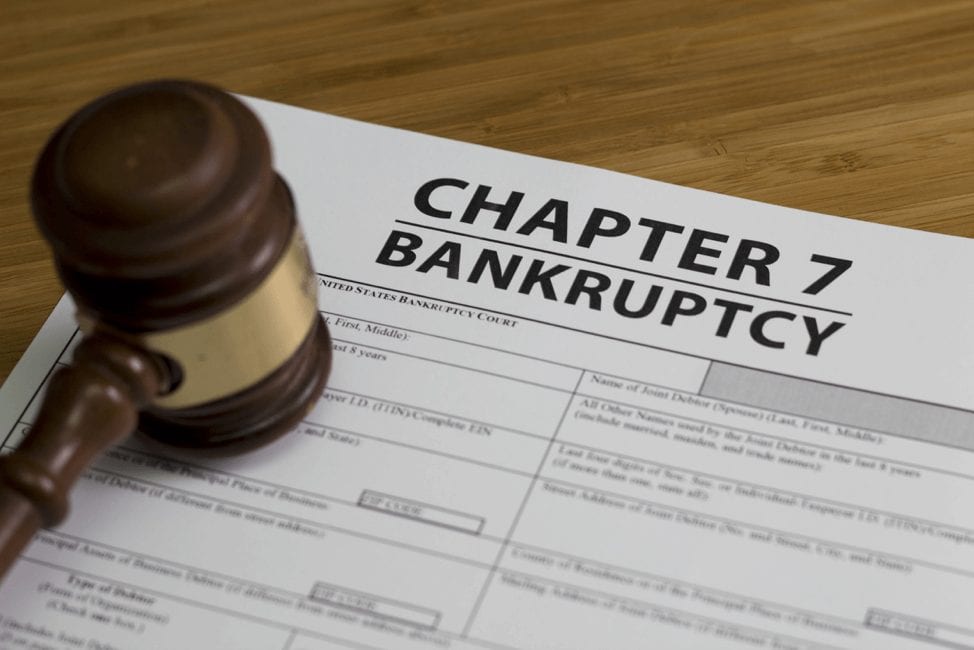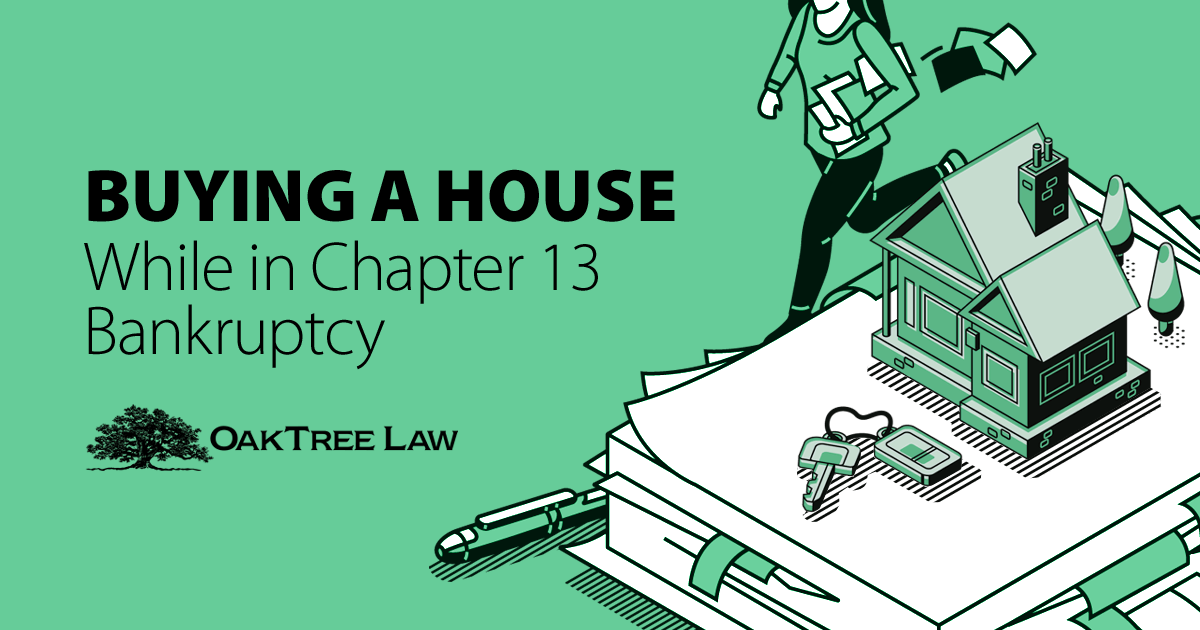Student loan debt has surpassed credit card debt across the nation. Many are finding it difficult to pay back their student loans. Filing bankruptcy is a complex legal process and, despite the misconceptions, it is possible to discharge student loans. However, the legal requirements are complex and often discouraging. You should, therefore, hire a Los Angeles bankruptcy attorney to help.
The first step they will consider is to choose Chapter 7 or Chapter 13 bankruptcy. Then the undue hardship exception must be applied. This can be complex, but the basic idea is to demonstrate paying off a student loan would impose an undue hardship on your life.
Proving Undue Hardship
The U.S. Bankruptcy Code doesn’t provide a clear definition of what undue hardship is. Therefore, the bankruptcy courts are free to interpret its meaning. In many cases, either you qualify for a complete loan discharge or not, while other courts have granted partial discharges. Most courts are reluctant to grant student loan discharges.
Getting a court’s approval is possible if your income is very low or you attended a for-profit trade school. In general, the tests used include:
- The Brunner Test: This standard applies factors such as poverty, the persistence of your financial situation, and whether you’ve made good faith efforts to repay.
- The Totality of the Circumstances Test: All factors relevant to your case will be examined by the court to determine if repaying the loan will cause undue hardship.
- Health Education Assistance Loans Test: A special test that proves your loan became due 7+ years ago and it would be an “unconscionable” burden on you to repay it.
Proving undue hardship requires showing that making student loan payments would prevent you from maintaining a minimal standard of living. You must also prove you’ve taken steps to increase your income, to no avail. Persistent circumstances are also considered and include having maximized your income potential or you have a serious physical or mental disability.
To open a bankruptcy case, a complaint must be filed. This is done during an adversary proceeding, a type of lawsuit in which your attorney files a written complaint explaining your case. The case can then be litigated. Usually, a judge will determine the final outcome, whether it be a full or partial discharge or denial of your request.
When to Consider Student Loan Bankruptcy
In most instances, student loan bankruptcy isn’t worth considering. It’s most practical if you’ve exhausted all other methods to pay. For example, income-driven repayment plans or loan forgiveness programs can help you pay back federal student loans. Private lenders offer fewer options but may lower payments or interest rates temporarily if you contact them.
If you have past-due payments, these can cause undue hardship on top of your loan principal. Student loan default is one reason to consider bankruptcy. Defaulting on private student loans can result in wage garnishments and other collections actions. Bankruptcy should also be a last resort if there’s no way out of default, such as loan rehabilitation and consolidation options available with federal loans. Defaulting multiple times might leave you with no other option than bankruptcy.
Contact Our Orange County Bankruptcy Attorney
OakTree Law provides bankruptcy services to Los Angeles clients in many different financial situations. If student loan debt has caused you undue hardship, we can help determine whether bankruptcy or other financial relief options are best suited for you. Call 562-219-2979 for a free consultation and guidance on making the best decision and finding the most positive solution.
